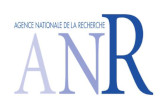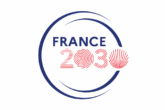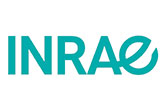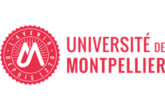KH EVOLUTION
Intraspecific diversity and evolutionary processes in translocation-based programs supporting Nature-based solutions
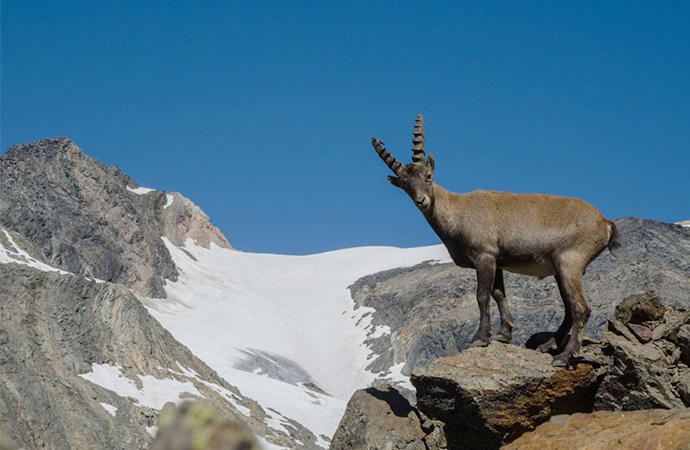 © C. Gotti, Vanoise National Park
© C. Gotti, Vanoise National Park Integrating biodiversity from gene to ecosystem is required to understand its dynamics in complex systems. The dominant approach in the sustainability sciences, including Nature-based Solutions (NbS), is ecological and socio-economical. Diversity within species (e.g., genetic, phenotypic) remains little considered in NbS approaches, therefore disregarding the evolutionary dimension of complex socio-ecosystems and their adaptive potential in response to environmental changes.
The objective of this Knowledge-Hub (KH) is to create the knowledge basis required to inform resilient conservation and restoration programs through NbS over the long term, including all forces and processes impacting intraspecific diversity (e.g., adaptation, migration) and the evolutionary potential of the involved species. The KH will focus on “translocation” broadly defined as the transfer of intraspecific diversity from point A to point B (NbS implemented in B). Translocation has been largely studied in evolutionary biology, and includes various types of interventions, such as assisted-migration, gene flow enhancement and genetic rescue. We will consider translocation from its source to consequences in recipient ecosystems, including socio-economic aspects.
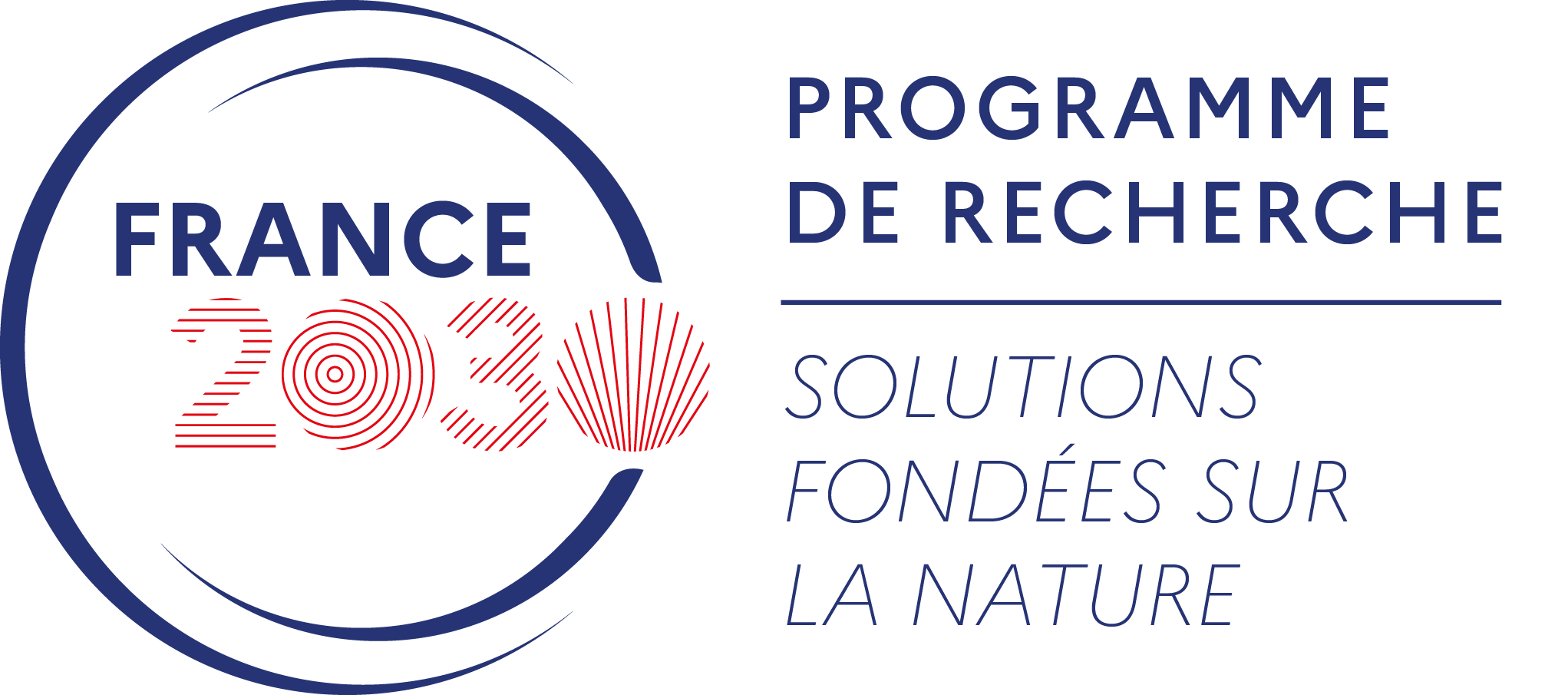
The Evolution project belongs to the PC03 ‘Knowledge Hubs‘, driven by the Montpellier University within the framework of the PEPR Programme National de la Recherche sur les Solutions fondée sur la Nature – SOLU-BIOD.
Principal investigators
Philippe JARNE – Centre d’Ecologie Fonctionnelle et Evolutive CEFE, CNRS, Univ. Montpellier, IRD, EPHE (France) ;
Frédérique VIARD – Institut des Sciences de l’Evolution de Montpellier, Univ. Montpellier, CNRS, IRD, EPHE, CIRAD, INRAP (France).
Postdoc
Karina MONTERO – FRB-CESAB (France).
The PEPR SOLU-BIOD is funded by the France 2030 investment plan, operated by the ANR and led by INRAE and CNRS. The program’s actions take the form of targeted projects, implemented by PEPR partners, and calls for projects, implemented by the ANR.
As a partner of the PEPR SOLU-BIOD, the University of Montpellier (UM) leads and implements Targeted Project 3 (PC03) “Knowledge Hubs,” with a budget of €1,800,000 over 60 months, from April 1, 2025, to March 31, 2030. PC03 aims to create five Knowledge Hubs – working groups addressing specific themes of SOLU-BIOD. These Knowledge Hubs, each composed of around fifteen national and international experts, will begin their work between 2025 and 2026 for a duration of three years.
The Foundation for Research on Biodiversity (FRB) is a platform linking scientific stakeholders and societal actors on biodiversity. The Cesab, a program of the FRB, enables the collection and pooling of existing biodiversity data and information in order to provide an overview of biodiversity and model its future. Thanks to its scientific expertise in data processing and in managing working groups, the FRB is a natural partner of PC03 and hosts the Knowledge Hubs at its Cesab facilities in Montpellier.
